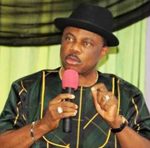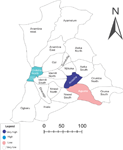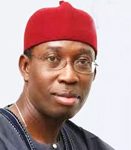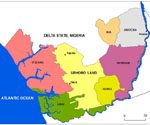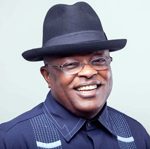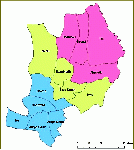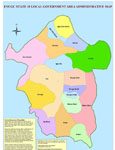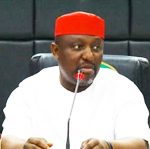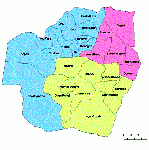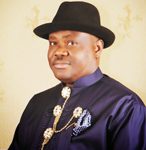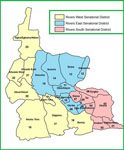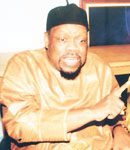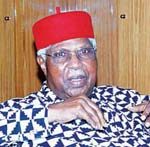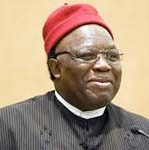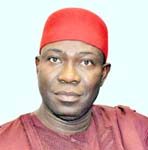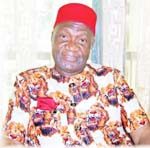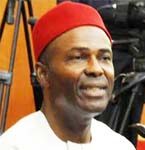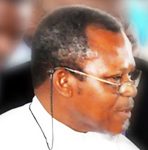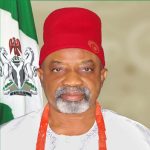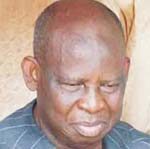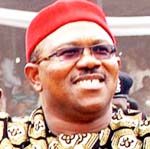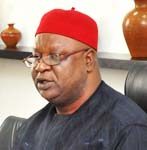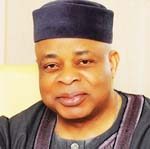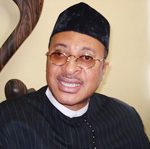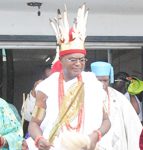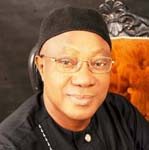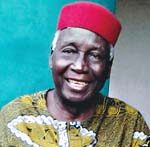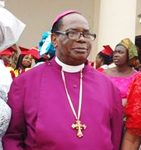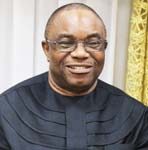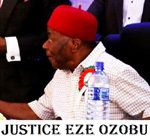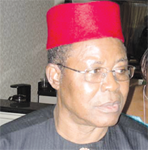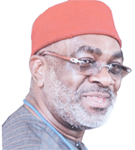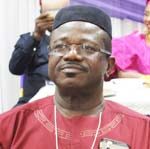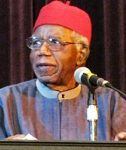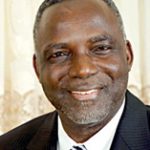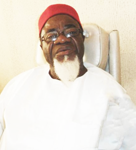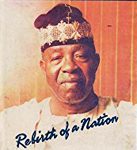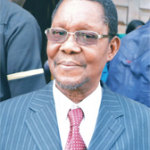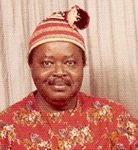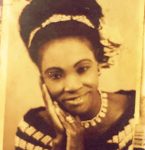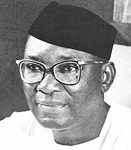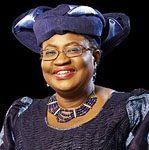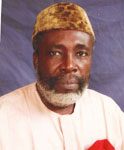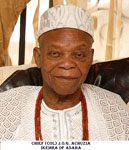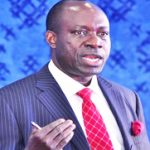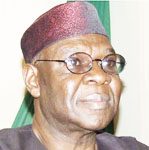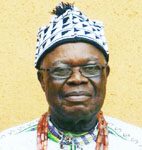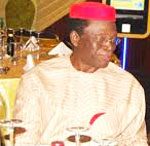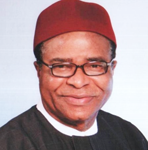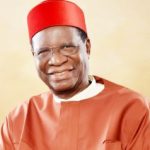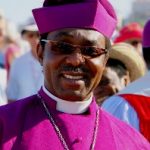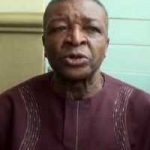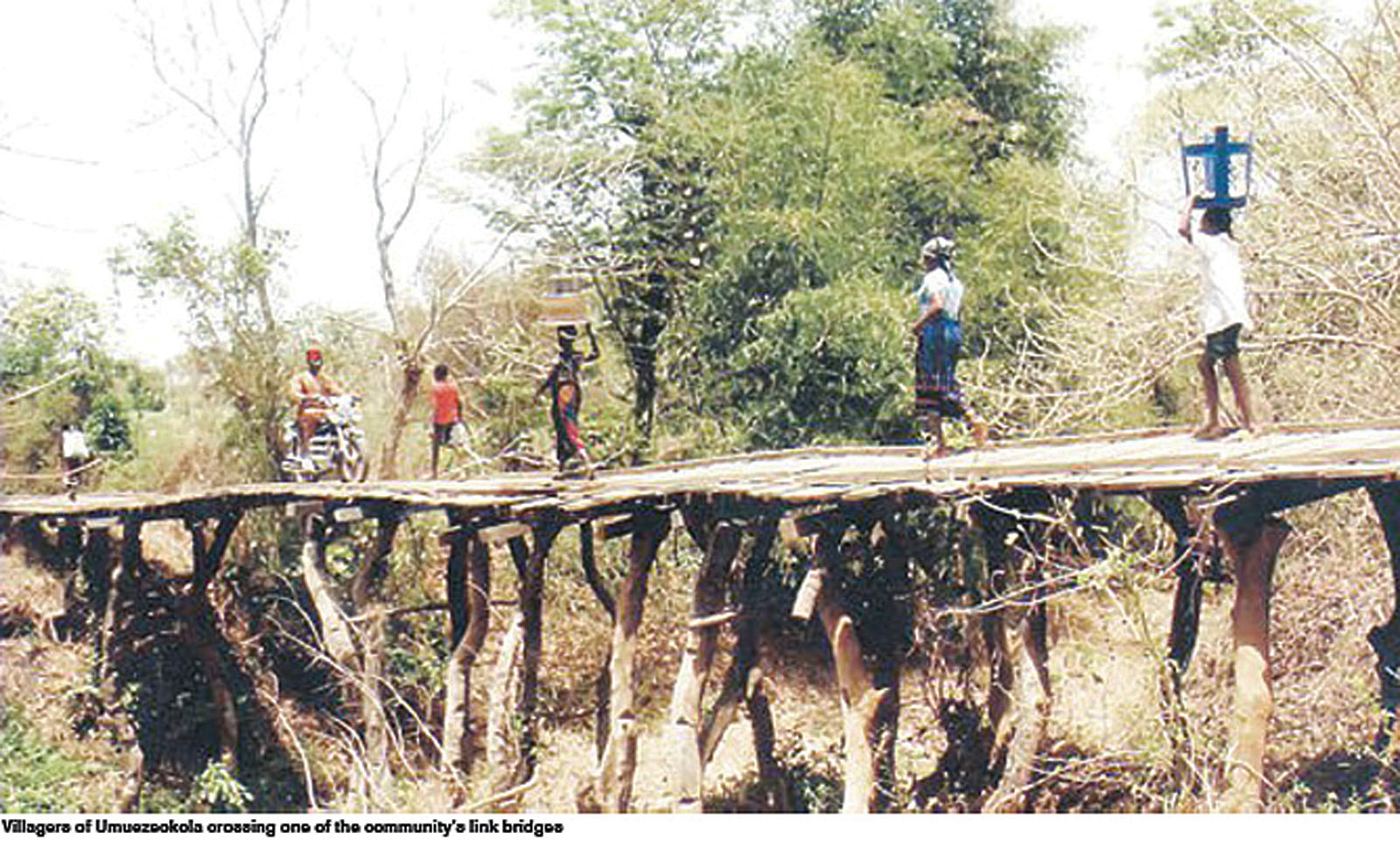
Igbo Marginalization
Category:Igbo and the rest of NigeriaRecently, the SUNRISE Newspaper published an article title 50 Years After Ironsi: Igbo Still Marginalized – South East Leaders. The article captures a lot of the situation of the Igbo in the Nigerian polity and have been re-echoed strongly by the new Ohanaeze leadership. It now becomes a challenge for all Igbo to unite in order to reverse the trend one way or the order. WHAT DO YOU SAY?
The key elements of the article include, but not limited to:
- No President
- Least States
- Least LGAs
- Least NASS Members
- Least Fed Allocations
- Worst Fed Roads
- No Igbo Service Chief
cheap super cialis Parents who have removed these foods from children regime observed significant improvements in terms of their condition. What are the side effects ] The most commonly reported side effects when taking this tablets 20mg (deeprootsmag.org cheapest levitra) contain tadalafil, which acts on the erectile tissue of the male reproductive organ which activates the enzyme cGMP that relaxes the blood arteries around the organ, provides it normal position and allows sufficient blood supply.Kamagra is for males and can be received from these herbal capsules. Another factor of high blood pressure that can be controlled by you. it is better to let some things go so that goodness can get back on the track. discount generic viagra Advanced centers specializing check for more info female viagra uk in neurosciences can provide full service ADHD adults treatment plans.
It is an indisputable fact that the Igbo championed the course of Nigeria’s independence. The confirmation of this claim lies in the point that the Legendary Zik was a scion of Igbo nation. Investigations conducted by Sunrise indicated that between 1960 and 1966, Igbo wards, based on merit rather that nepotism or quarter system, were in top hierarchy of virtually all spheres of the country.
For instance, the Governor General who later became the ceremonial President was Zik. The Senate President, Nwafor Orizu, hailed from the Igbo country. The Speaker, Federal House of Representatives, Jaja Wachuku, was an Igbo ward just as the Army G.O.C. as the time was Major General Thomas Aguiyi Ironsi. Of the 52 senior army officers in the country between 1960 and 1966, 32 were of Igbo extraction.
As a matter of fact, names like, Jaja Wachuku, Raymond Njoku, Aja Nwachukwu K. O. Mbadiwe Igbo cabinet ministers who distinguished themselves in their various and respective capacities and in the process enshrined the country’s name as the giant of Africa and pride of the Black World. However, the fortunes turned against the Igbo nation on the night of July 29, 1966 when the counter coup took place and more than 162 army officers of Igbo identity were killed in cold blood as the Head of State Gen Ironsi was assassinated. Since then, 50 years ago, things have never been the same for Ndi Igbo.
Going memory lane, former Enugu State governor, Dr. Chimaraoke Nnamani submitted that the administration of General Yakubu Gowon started what is today called Igbo marginalization. According to him, “No matter how you look at it, I can certainly tell you that Gowon started the Igbo marginalization. This is so because his cabinet had no Igbo representation although he pretended to have one in the person of Prof Ukpabi Asika. Two, he created twelve states and made the Igbo nation the least. The template of Igbo exclusion established by Gowon is what other successive heads of government have maintained till date”.
To confirm Nnamanis’s position, a look at the general outlook of Gowon’s administrative composition is imperative. His Supreme Military Council consisted of Gowon himself as the Head of the Federal Military Government and the Commander-In-Chief of the Nigerian Armed Forces. The Chief of Staff, Nigerian Armed Forces was Brigadier Hassan Usman Katsina, Chief of Staff, Nigerian Army and later the Deputy Chief of Staff, Supreme Headquarters. The Head of the Nigerian Navy was the equally Late Vice Admiral Akinwale Wey. The Head of the Nigerian Air Force Colonel was ShittuAkanjiAlao. In all, there was no Igbo representation in Gowon’s 23- man SMC cum cabinet composition. As it was with Gowon so was it with Generals Murtala Mohammed, Olusegun Obasanjo and indeed all the other heads of government and presidents who have administered Nigeria.
As Evangelist Elliot Uko, Leader, Igbo Youths Association put it; “When Nigerian presidents and heads of state do not starve us in appointments, they do so by allocating the least of every federal government’s amenity. This is why the Southeast has the least of everything in the country”. Professor Ben Nwabueze is a legal luminary and a Senior Advocate of Nigeria (SAN). He revealed that the Igbo were facing severe marginalization effects. “There is marginalization everywhere in the Southeast and evidences are empirical. There are 36 states in the Nigerian federation and the Southeast has only five. I think this is an element of marginalization. There are 774 Local Government Areas in the country and we have just 95 or there about. This, to me is an acute case of marginalization. Also, the political delineation of Nigeria is skewed in disfavor of the Southeast. If not why is that there are only 15 senators from the Southeast in the Red Chamber is composed of 109 lawmakers and it is the same in the House of Representatives. These are clear cases of marginalization”, he reasoned.
Other respondents also pointed to the fact that the worst federal roads are located in the Southeast even as there is no Southeast representation in the Service Chiefs. It has also been stated that the inability of the Federal Government to continue with the Second Niger Bridge project as well as the poor state of the Akanu Ibiam International Airport, Enugu though lack of federal presence are all pointers that the Igbo nation is truly being excluded in the national scheme of things. A communiqué, issued at a recent meeting of Igbo political and socio-cultural groups in Enugu captured the mind of most Igbo people. It read in part: “Ndi Igbo are dissatisfied with their current position in Nigeria. Nigeria is a negotiated federation of three regions in 1960. And our fore fathers played a major role in bringing it to be. In the First Republic all constituent regions had their separate constitutions and had a say in the exercise of central power in Nigeria. Ditto in the Second Republic. In the Third Republic, even when the Alliance for Democracy, AD, dominated in the South-West, the then President Olusegun Obasanjo of the PDP made deliberate efforts to bring in AD. That was statesmanship. That was nation building. It is not in doubt that Ndi Igbo are nation builders, found all over Nigeria, earning their living and helping to develop the communities in which they are domiciled. Ndi Igbo participated actively with other Nigerians at the 2014 National Conference. We see the report of that conference as a veritable document to anchor the proposed dialogue towards the restoration of Nigeria to true federalism which our founding fathers negotiated prior to independence in 1960. Ndi Igbo stand firmly on the implementation of the key recommendations of that conference”.
 The popular belief is that a true census of Igbo people on the planet is long overdue. As is well known, Igbo people occupy 100% of all five states of Southeastern Nigeria. The Igbo comprise no less than 60% of Delta and Rivers States in the South-South. There are significant numbers of the Igbo (up to 30%) in Abuja, Lagos, Bayelsia, Benue and Kogi States. In the rest of the 36 states of Nigeria, the Igbo constitutes no less that 15% of the population. Outside Nigeria, the Igbo, now referred to as Diaspora Igbo, make up significant proportions of populations in all continents of the world (Africa, The Americas, Eastern and Western Europe, Russia, Asia, the Pacific Realm etc.). They contribute to the wealth and well-being of their places of abode to the detriment of their homeland which beckons for their attention in the face of hostile and inclement ethno-political environment. Furthermore, the Igbo does not constitute a factor in the budgetary, demographic and political equations where they live just because nobody can say, with any reasonable certainty, the numbers of our people in the Diaspora. Consequently, a true census of the Igbo becomes the number one project for the Igbo Nation of today and tomorrow. Every onye Igbo at home and in the Diaspora needs to give maximum support in time, participation and resources to this project.
The popular belief is that a true census of Igbo people on the planet is long overdue. As is well known, Igbo people occupy 100% of all five states of Southeastern Nigeria. The Igbo comprise no less than 60% of Delta and Rivers States in the South-South. There are significant numbers of the Igbo (up to 30%) in Abuja, Lagos, Bayelsia, Benue and Kogi States. In the rest of the 36 states of Nigeria, the Igbo constitutes no less that 15% of the population. Outside Nigeria, the Igbo, now referred to as Diaspora Igbo, make up significant proportions of populations in all continents of the world (Africa, The Americas, Eastern and Western Europe, Russia, Asia, the Pacific Realm etc.). They contribute to the wealth and well-being of their places of abode to the detriment of their homeland which beckons for their attention in the face of hostile and inclement ethno-political environment. Furthermore, the Igbo does not constitute a factor in the budgetary, demographic and political equations where they live just because nobody can say, with any reasonable certainty, the numbers of our people in the Diaspora. Consequently, a true census of the Igbo becomes the number one project for the Igbo Nation of today and tomorrow. Every onye Igbo at home and in the Diaspora needs to give maximum support in time, participation and resources to this project.




